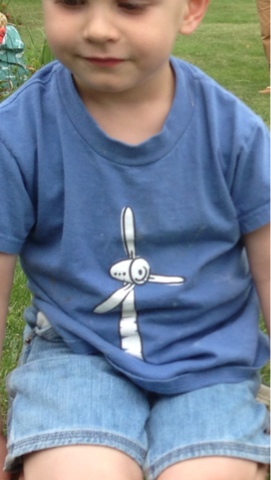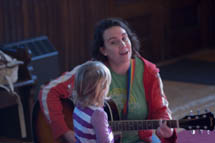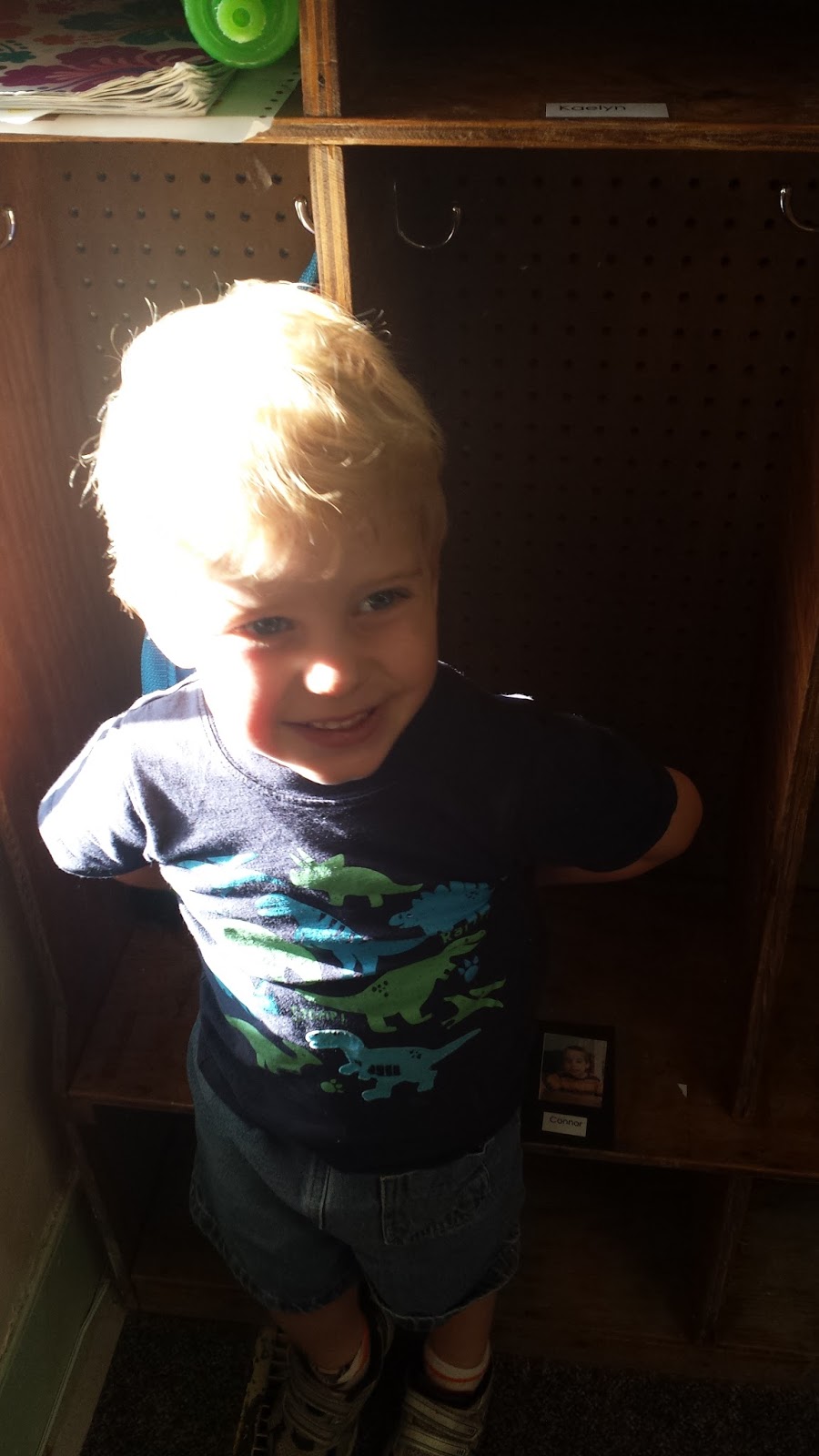Parenting and environmental policy making have some striking similarities. Trying to mold and guide your children can be much like trying to mold and guide a state, country, or even the international community to protect the environment. Here's why:
COMMAND & CONTROL
Policy making: Command and Control is when the government tells an industry what objective they must meet, and can penalize an industry for its failure to comply. For example, the 1989 Montreal Protocol established specific targets to reduce the use gases that depleted the
ozone layer. This forced the refrigerant industry to come up with new, safer gases for refrigeration. It is considered by many to be the most successful international treaty because it was ratified by 197 countries and has been continually revised and made more stringent.
Parenting: I use command and control with my kids when I tell my son that his post-bath bedtime routine starts at 7:00 pm. The objective is to get him in his bed, tucked in with lights out by 7:30. If he is stalling too much I can penalize him by threatening to reduce the number of books we read before lights out. He only rarely has ever lost a storybook.
 |
| Ronald Reagan & Margaret Thatcher - 2 champions of the Montreal Protocol |
CAP & TRADE
Policy making: Cap and Trade is a policy tool that sets an upper limit on a type of pollutant but gives sources of that pollutant some flexibility on how they comply. One of the most successful examples is the Acid Rain Program which set a time-decreasing cap on how much sulfur dioxide coal powered plants could emit. Plants could buy and sell available permits based on their needs. This created an incentive to find ways to reduce their emissions, and allows plants that could easily reduce their emissions to sell excess permits to plants that were slower to innovate.
Parenting: I cooked some noodles for dinner because it seems that is all my kids ever want to eat. Well, that and fruit. But one night my daughter was so hungry that she ate all her noodles and asked for more. Sadly, the pot was empty and the only noodles left were in her brother's bowl. She asked him for some of his noodles, and thankfully, he was happy to share, at least that night. I had a finite number of noodles and they had to work it out between themselves how to divvy them up. But unlike sulfur dioxide emission permits, I won't be decreasing the noodle supply at dinner.
VOLUNTARY PROGRAMS
Policy making: Governments institute voluntary programs when their regulatory capacity is weak Governments therefore make it optional for affected parties to comply and provide incentives for them to do so. One example here in Vermont is the Home Performance with Energy Star program. It's a voluntary program for homeowners to better insulate their homes, thus improving their efficiency and reducing CO2 emissions. The program offers grants to homeowners to reduce the overall cost of insulating their homes.
My family participated in this program and it significantly reduced the cost of the project.
Parenting: Voluntary programs, when it comes to parenting, are helpful when you enthusiastically suggest to your 3 year old, "Let's pick up the playroom!" then he screams "No!" You spend a moment asking with him again as he repeatedly says, "No! I wouldn't!" So you wrack your brain on how to get him to listen to you, then with a bit of desperation say, "If you help me clean up I will give you some chocolate chips!" Suddenly he is willing to pick up at least a little.
My son trying to recreate his standard retort "No, I wouldn't!"
He's smiling too much though.
ENVIRONMENTAL IMPACT STATEMENTS (EIS)
Policy making: An EIS is a document required by the National Environmental Policy Act for development projects that "significantly affect the quality of the human environment." EIS reports are supposed to identify plausible alternatives for proposed projects and determine which alternative would have the least negative impact. A rather notorious EIS in today's media is for the Keystone XL pipeline, which is supposed to carry tar sands from Alberta, Canada to the Gulf of Mexico where it will then be shipped to Asian markets. The pipeline is controversial for many reasons, but two reasons are 1) because of how dirty and destructive tar sands are, and 2) the impact it will have on
climate change. The latest investigation of the Keystone XL pipeline EIS is whether the consultant who performed the study had a conflict of interest because they have consulted for oil companies in the past. Ideally, the EIS should be objective, and truly informative about whether a project should be pursued or not, and how. It also provides a sounding board for the public and other interest groups to weigh in.
Parenting: In this case, your child is the equivalent of "the environment" and we as parents are constantly taking stock of our choices and alternatives and considering whether we are creating the best possible outcomes for our child.
Am I too strict? Too lenient? Should I sign her up for x,y,z? How can I get him to eat more vegetables? What do I do about tantrums? When should she start potty training? We contemplate the various strategies we have seen in practice or read about and pick the best option for us. All the while we get advice and input from friends, our own parents, and even strangers when we are in public--whether welcome or not.
So there you have it. Policy is not that unlike parenting.
Like what you read? Visit and 'Like' Mama of Ma'at on Facebook













